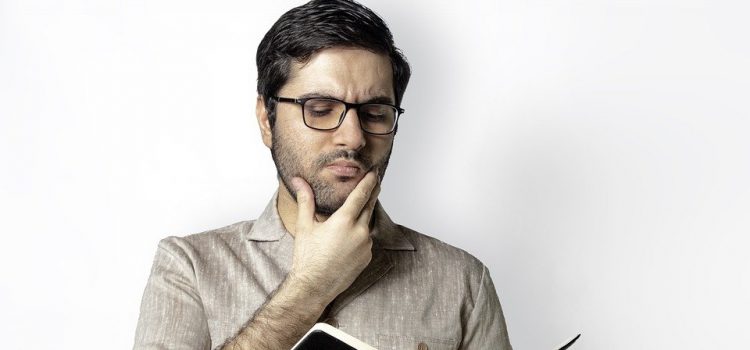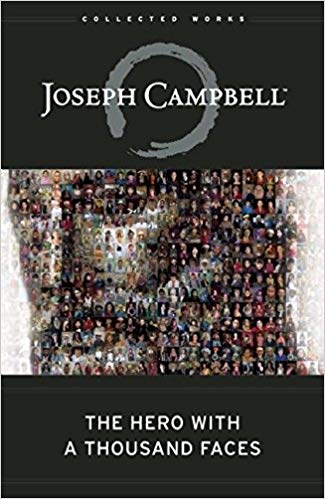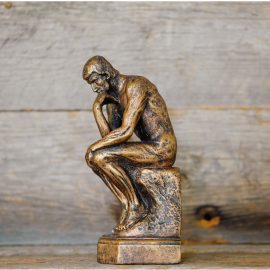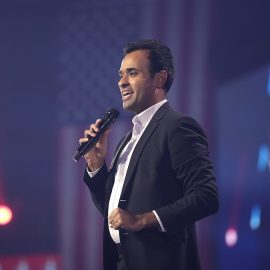

This article is an excerpt from the Shortform summary of "The Hero with a Thousand Faces" by Joseph Campbell. Shortform has the world's best summaries of books you should be reading.
Like this article? Sign up for a free trial here .
What is the impact of secularization on classic hero myths? Are we misunderstanding the true purpose of mythologies?
The degradation of the supernatural elements of ancient myths and folklore into mere instructive fables is largely due to the impact of secularization. In our logic-driven society, it is easy to prove that mythologies are not true. However, this ignores the purpose of myths, which is to serve as an adventure into the recesses of the soul, a journey of self-discovery with a mythical story as our guide.
Read on to discover more about the impact of secularization on the relevance of mythologies today.
Mythology Today
Thus far, we have walked through all of the phases of the monomyth, exploring the mythological template using examples from cultures all over the world and throughout recorded history. For indeed, the variations of the monomyth are endless. Some stories emphasize specific parts of it more than others, sometimes certain elements and motifs are left out entirely, and sometimes the steps happen in a different order than it has been presented in this summary.
Beyond the variation of mythological traditions between cultures, the individual myths themselves transform over time. Regrettably, some of these changes end up removing much of the great aura of mystery from these early myths. With the impact of secularization and rationalization, supernatural elements are often played down or meant to be interpreted simply as allegory or instructive fable: the gods are no longer a living, breathing part of the human experience. In Hellenistic Greece and Imperial Rome (centuries after the mythological, heroic age of The Iliad and The Odyssey), the ancient gods were treated as mere literary characters, with the saga of Mount Olympus reduced to a comic supernatural romance.
Similarly, the overwhelming influence of the Confucian tradition, with its humanistic and moralizing tendencies and its emphasis on social hierarchies and filial piety, has little use for the old mythologies of ancient China. Today, these myths (to the extent that they are shared at all) only serve to buttress the Confucian worldview—becoming anecdotes about provincial officials who are elevated to the status of local deities by a grateful population.
Even the figure of Jesus Christ has been subject to the impact of secularization in western tradition. No longer the World Redeemer, he is seen by many as nothing more than a historical figure who preached a simple, kindly doctrine of peace and goodwill toward one’s neighbors.
It is easy for this to happen to myths in modern, science-driven society, because it is easy to prove that the myths aren’t literally “true.” As history, biography, and science, mythology is obviously nonsense. But to make this observation is to miss the point about what myths are and what purpose they serve for the human experience. They are about the endless journey of the soul, the adventure into the furthest recesses of the self.
———End of Preview———

Like what you just read? Read the rest of the world's best summary of "The Hero with a Thousand Faces" at Shortform . Learn the book's critical concepts in 20 minutes or less .
Here's what you'll find in our full The Hero with a Thousand Faces summary :
- How the Hero's Journey reappears hundreds of times in different cultures and ages
- How we attach our psychology to heroes, and how they help embolden us in our lives
- Why stories and mythology are so important, even in today's world






